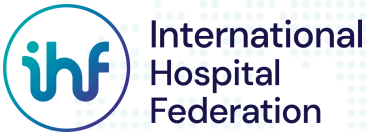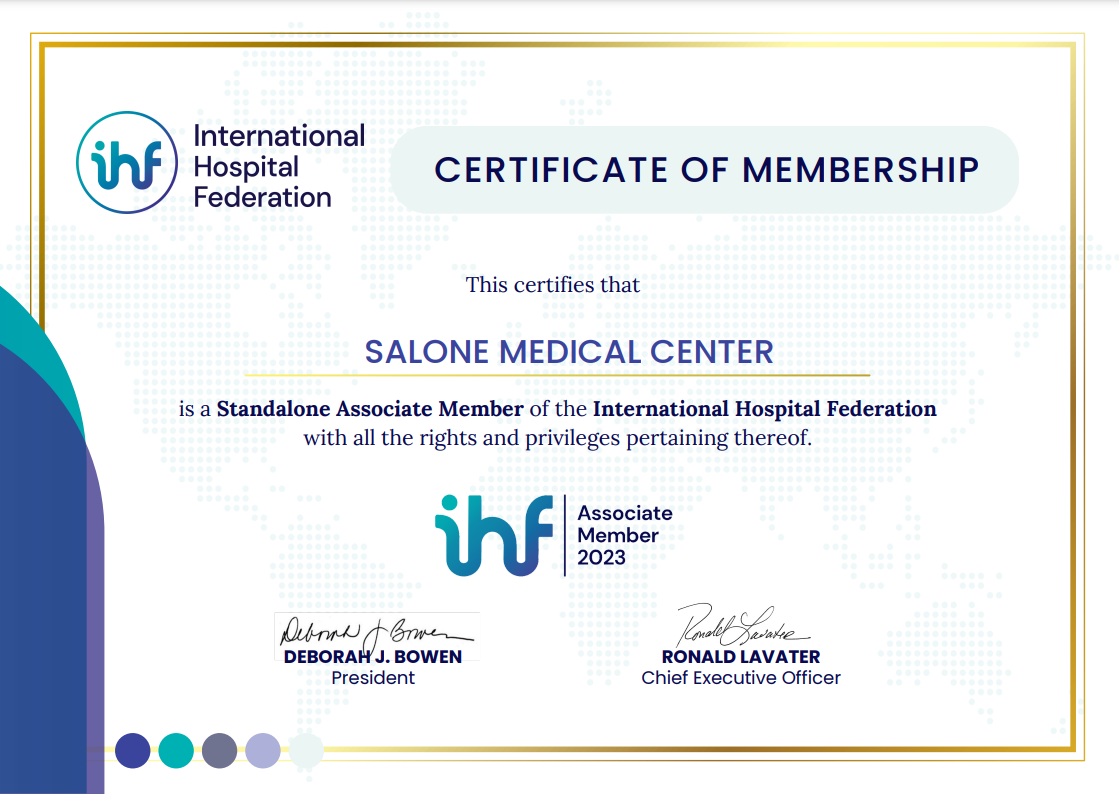
Donations for the treatment of underprivileged children
Donations for the treatment of underprivileged children refer to the act of providing financial support, resources, or contributions to help cover the medical expenses and healthcare needs of children who come from economically disadvantaged backgrounds. These donations play a vital role in ensuring that children in need receive timely and appropriate medical care, treatments, and interventions that they might not otherwise have access to due to financial limitations.
Here’s an overview of how donations for the treatment of underprivileged children work and why they are important:
- Financial Assistance: Underprivileged families often struggle to afford necessary medical treatments, medications, surgeries, and therapies for their children. Donations provide the necessary funds to cover these expenses, allowing children to receive the care they require.
- Access to Healthcare: Donations bridge the gap between limited resources and quality healthcare. They help ensure that children from low-income families have equal access to medical services, diagnostic tests, surgeries, and ongoing treatments.
- Life-Changing Impact: For many children, access to appropriate medical care can mean the difference between life and death or the difference between living a healthy life and facing long-term health complications.
- Preventive Care: Donations not only address immediate medical needs but also contribute to preventive care, such as vaccinations, regular health check-ups, and screenings. Preventive care can help identify and address health issues before they become more severe.
- Empowerment: Donations empower families by alleviating the financial burden associated with medical treatments. This allows parents to focus on their child’s well-being rather than worrying about the cost of care.
- Collaboration: Donations often involve collaboration between donors, charitable organizations, hospitals, and medical professionals. These partnerships create a network of support that maximizes the impact of the donations.
- Raising Awareness: Donations for underprivileged children’s healthcare can raise awareness about the challenges faced by these children and advocate for more equitable access to healthcare resources.
- Education and Advocacy: Many donation initiatives not only provide financial assistance but also promote health education and awareness in underprivileged communities. This helps families understand the importance of regular healthcare and disease prevention.
- Building Healthy Communities: By ensuring that underprivileged children receive the medical care they need, these donations contribute to building healthier and more resilient communities in the long term.
Donations for the treatment of underprivileged children can be made through various channels, including charitable organizations, non-profit foundations, hospitals, and community-based initiatives. These donations have the potential to transform lives, provide hope, and contribute to a more inclusive and compassionate society.


